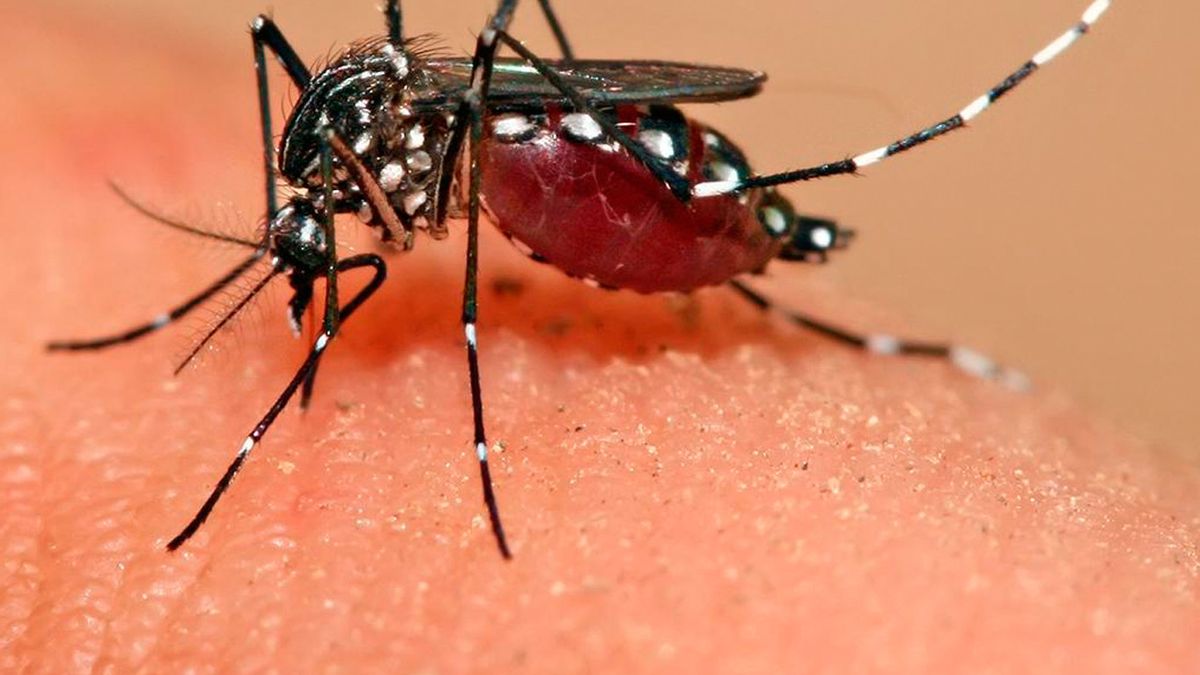JAKARTA - Indonesian Minister of Health Budi Gunadi Sadikin said that the trend of infectious diseases in Indonesia had begun to shift from COVID-19 to tuberculosis (TBC), HIV and malaria.
"Actually, infectious diseases have shifted," said Minister Budi when met by ANTARA after the signing of a Memorandum of Understanding between the Indonesian Ministry of Health and PT Astrazeneca Indonesia in Jakarta, Monday, February 20.
Budi said that currently infectious diseases, which were originally dominated by infections due to COVID-19, have shifted again towards several small outbreaks such as Tuberculosis (TBC), HIV and malaria.
This was due to delays in vaccination in a number of areas. He considered that it was also the delay that caused the emergence of several new diseases in the community.
Therefore, by cooperating with stakeholders, he said, the cooperation that was built could be further strengthened so that Indonesia could produce vaccines for various types of infectious diseases independently.
For example, the Ministry of Health has extended cooperation through the signing of a Memorandum of Understanding (MOU) with PT AstraZeneca.
"I told AstraZeneca that if possible we want all the vaccines to be developed (developed) in Indonesia, AstraZeneca is also one of the major vaccine companies in the world, so we ask that the technology be brought here," said the Minister of Health.
On the same occasion, he also asked AstraZeneca and other stakeholders to channel corporate social responsibility funds (CSR) in a preventive promotive manner that supports the provision of health education to the public at large.
The English, Chinese, Japanese, Arabic, and French versions are automatically generated by the AI. So there may still be inaccuracies in translating, please always see Indonesian as our main language. (system supported by DigitalSiber.id)













